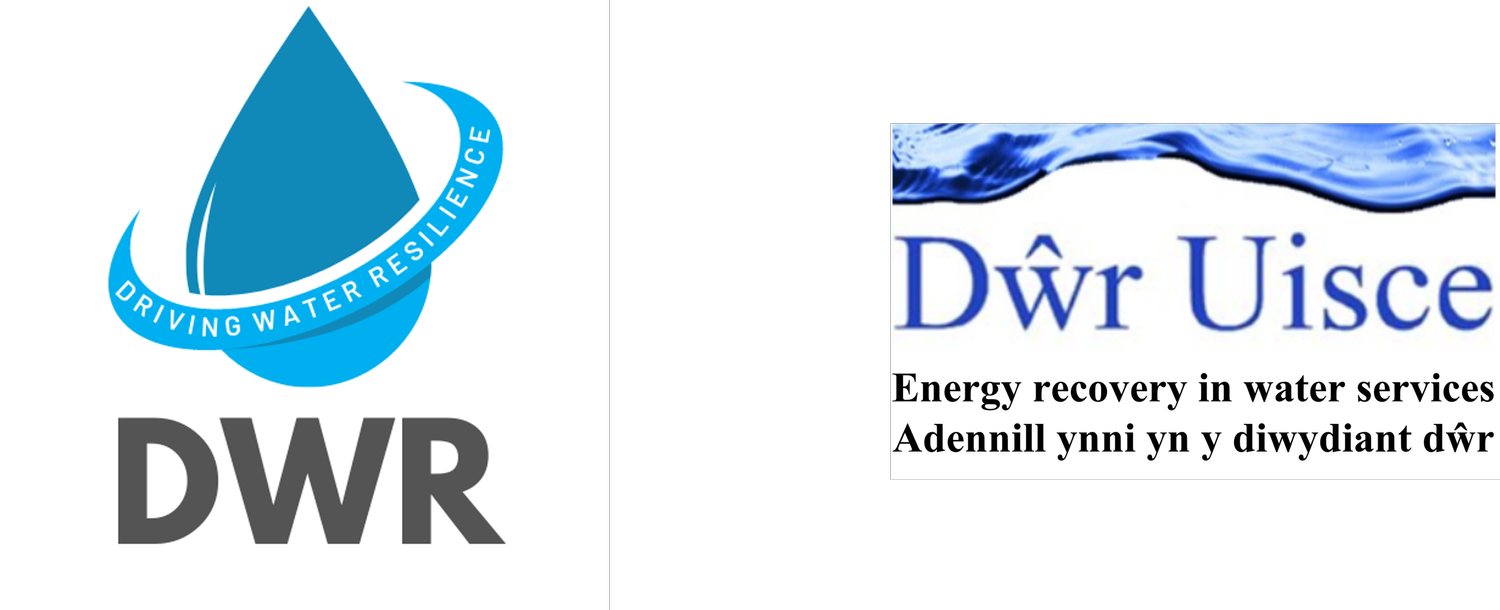Water Resources under Future Climate Change
It is important to quantify the water resource implications (quantity and quality) arising from future climate change in Ireland and Wales due to the dependence of both regions on rivers and lakes for a variety of purposes. The majority of water supply in Ireland and Wales comes from surface waters, which are more vulnerable to changes in climate than groundwater supplies. In addition, sectors such as hydropower, industry, and agriculture are all also reliant on surface water flows for direct water supply. Therefore, understanding how the timing, quantity and quality of water in river systems across the region will change is vital, allowing action to be taken now to ensure that future demand does not outstrip supply.
This work feeds into the energy efficiency and energy recovery work of the project by providing future scenarios of water supply and demand that may affect the technology platforms developed by the project team. In addition, dissemination of results through our cluster, and other publications/outlets, may influence climate change adaption in the sectors studied. Follow the links below to find out more about our work projecting future surface water resource availability and future public water demand.
Water resource impacts
Climate change will impact future water resource availability and quality in Ireland and Wales. Using hydrological models, our work is assessing the impacts of such changes on streamflow and the implications for public water supply abstraction, up to 2080.
Water demand impacts
Demand for water will likely be impacted by future climate change, as temperature and precipitation pattern changes will alter water use patterns. Using historical weather-water use relationships, we project future water use and compare to projected supplies.
Future water resources for hydropower
Changes in streamflow due to climate change could have implications for hydropower production, especially for run-of-river schemes. We are modelling streamflow in 178 catchments to assess potential changes for 531 such schemes in the UK and Ireland.
Abstraction licences and hydropower
Abstraction licences limit the timing and quantity of water use by hydropower producers. Often based on historical streamflows, we’ve studied 531 run-of-river hydropower schemes to assess the impact of these licences on power generation, historically and for the future.
